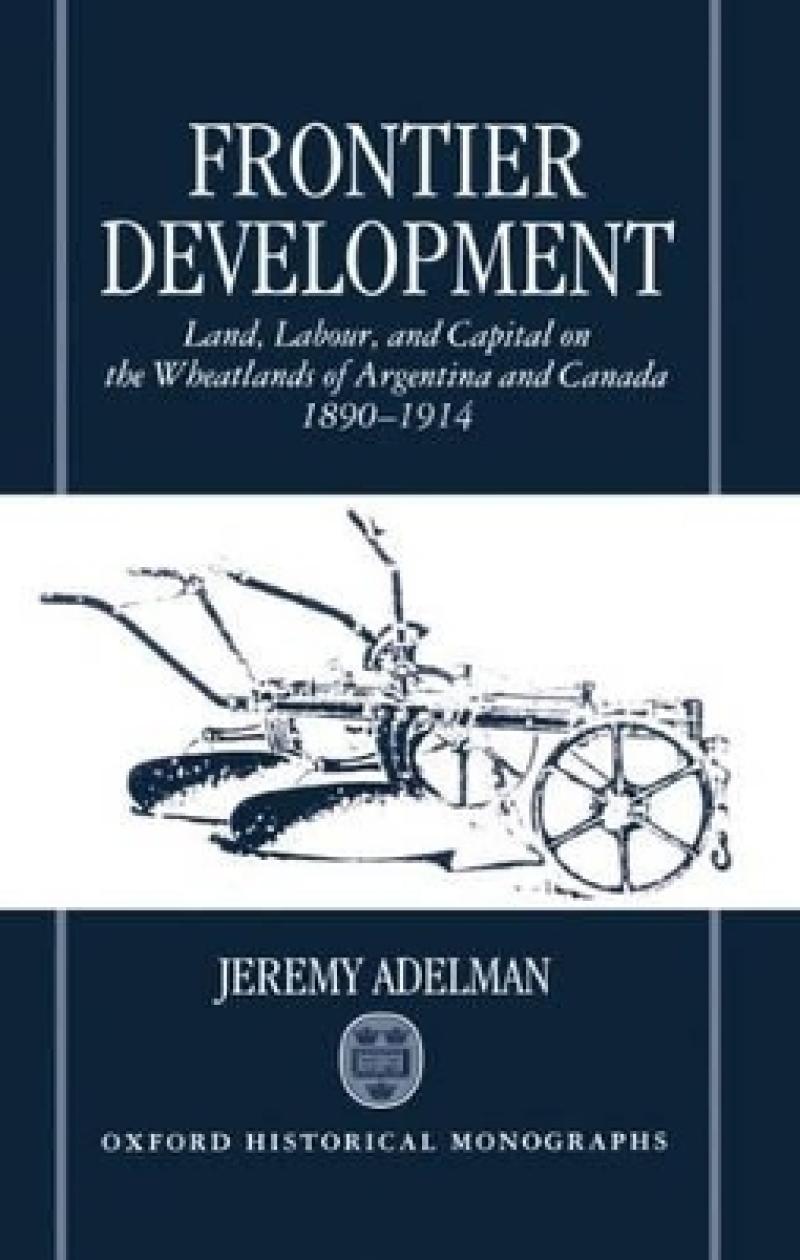a bold attempt to revise our understanding of how two important frontier regions developed in the heyday of liberalism...The book deals with big issues and is profoundly revisionist...Comparative studies of this type are valuable for opening up research themes...The study raises issues that urgently require more attention...deserves a wide readership.
Canadian Journal of History
Adelman provides some interesting insights into the history of Canadian and Argentinian banks and agricultural equipment suppliers in Canada.
Business History
...an important contribution to the subject...
Economic History Review
...detailed, carefully argued, and well-written book...a study that stands as a fine example of comparative analysis...an important and exciting book, highly recommended to students of agricultural and business history, of government ecomomic and social policy issues, and of rural society. This work, backed by valuable maps, figures, tables, appendices, and a well organised and comprehensive bibliography, will help provide a truly international perspective on agricultural developments.
Agricultural History
it stands out for its challenge to long-standing assumptions regarding agricultural development...Adelman's arguments are convincing...The result of prodigious research, with a multitude of tables and three appendices, Frontier Development is a highly informative additon to the subject of comparative agricultural development in Latin America and North America...the work offers a valuable case study of areas where reasons for the decisions made about land use and labor structures challenge long-held interpretations of success in agricultural frontier regions.
The Historian
This thought-provoking monograph will become essential reading for comparative historians and social scientists working on agrarian development and the history of areas of recent settlement ... the novelty of this work lies in the thesis that similarities may have been of greater relevance than differences. This is an excellent piece of research that draws on new data to overturn established theoretical assumptions and comfortable shibboleths in the Argentinian and Canadian literature.
Colin M. Lewis, London School of Economics & Political Science, EHR Feb. 97
This is a well-crafted and impressively argued comparative study which will be of interest to historians and sociologists alike ... sharp and scholarly study ... through his careful deployment of data and analysis, Adelman successfully makes the case that 'the synthesis of unfettered accumulation and bucolic prosperity of independent workers was a myth', that the collective sum of 'rational' actions may have 'irrational' consequences, and that 'the deep structures of history, and not people, determine events'.
Dennis Smith, Aston University, Labour History Review, Vol. 61, No. 1, Spring 1996
Adelman presents his case forcefully, with many novel details. He is particularly interesting on the difficulties of prairie dry farming.
J.R. Ward, University of Edinburgh, The Historical Association 1996
